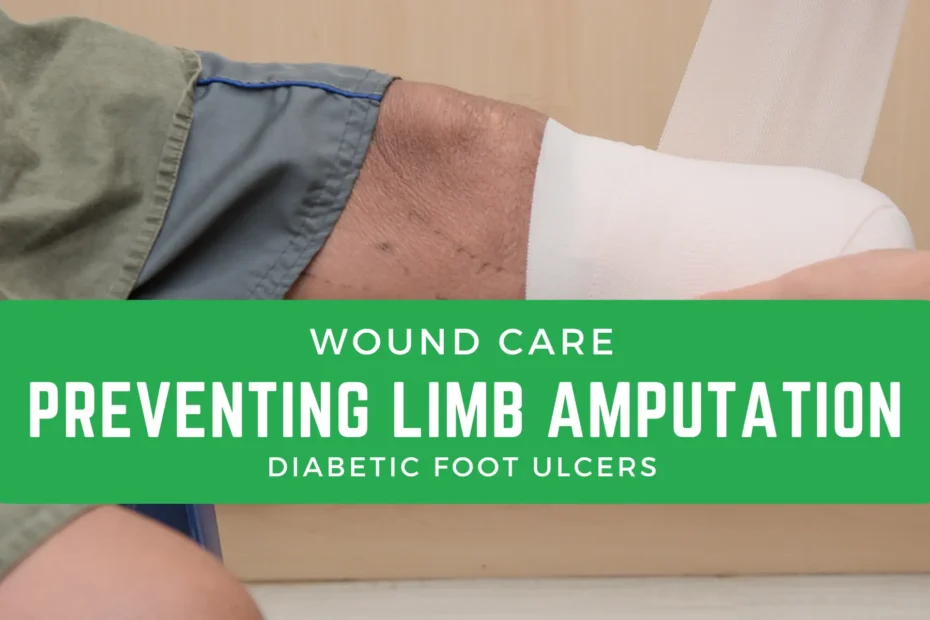Diabetic foot ulcers are one of the most serious complications for people living with diabetes. Left untreated, these wounds can lead to infections, which in severe cases may result in limb amputation. The good news is that early detection and proper wound care can significantly reduce the risk of complications.
Why Do Diabetic Foot Ulcers Occur?
Diabetes can cause poor blood circulation and nerve damage, particularly in the feet. This leads to slow healing of any wounds, increasing the risk of infection. Diabetic foot ulcers usually begin as small sores but can escalate quickly if not treated.
Signs That You Should See a Doctor
If you are experiencing any of the following symptoms, it’s essential to seek medical advice promptly:
- Skin blisters, thickening, discoloration, or cracking – These can be early signs of an ulcer forming.
- Coldness, numbness, or abnormal sensations in the feet – These symptoms could indicate nerve damage or poor blood flow.
- Nail deformity, discolorations, or any lesions – These may be warning signs of infection.
- Claw toes, thickened tips, or foot deformity – Structural changes in your feet may increase the risk of ulcers.
- Interdigital skin lesions, wet or dry discharge – Pay attention to any unusual skin conditions between your toes.
- Deformities in your toes, foot, or ankle – These can increase pressure on certain areas of the foot, leading to ulcers.
- Prominent bony areas – Ulcers are more likely to form in these regions due to added pressure.
- Red, blue, or black discoloration, swelling, or discharge from the toe up to the leg – These severe symptoms may indicate an infected ulcer that requires immediate attention.
Preventive Care for Diabetic Foot Ulcers
Early intervention is crucial in preventing complications from diabetic foot ulcers. Make sure to check your feet regularly, especially if you experience any of the symptoms mentioned above. Always consult a healthcare professional for proper wound care.
For those managing foot ulcers, using specialized wound care treatments can help stop the wound from developing or spreading, ultimately preventing serious outcomes like limb amputation.
Need Professional Wound Care Support?
For wound care support, you can contact us at care@anziam.com or call us at +91-7976625409. Our team is here to provide you with expert advice and care for managing diabetic foot ulcers effectively.
Take action now to ensure that your foot health is in good hands.

